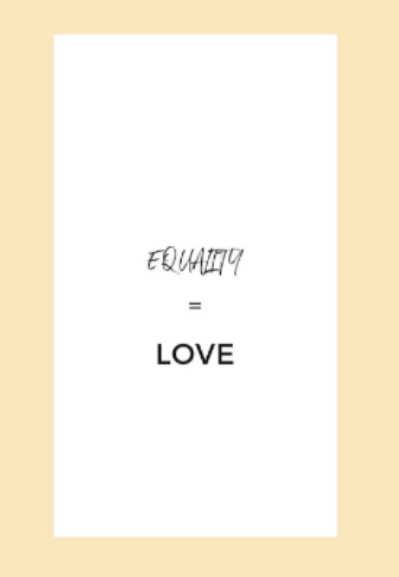One school, diverse students
October 30, 2018
In light of recent racial tensions throughout society and at Cathedral Catholic High School, CCHS Principal Dr. Kevin Calkins started a racial and ethnicity task force. Important conversations began to spill into CCHS as a result of race issues in Charlottesville, the kneeling of National Football Association players during the national anthem, and even the personal experiences of some CCHS students.
“When people began to ask if we would kneel at football games and we said no, we realized how imperative it was to talk about these issues,” Dr. Calkins said. “We wanted to really discuss what the race relations at CCHS are like.”
As these discussions began on campus, a group of counselors, alumni, parents, and students came together to explore the question of race relations at CCHS and find appropriate ways to respond.
Initially, the task force sent out a survey asking not only for recommendations, but for insight on how students felt.
“The results were good, but there was definitely some room for improvement,” Dr. Calkins said. “Only 25 percent of students responded and we realized that we needed even more information.”
CCHS student Sierra Singleton ‘19 actively participated in the task force last year.
“The task force was actually very insightful and interesting,” Singleton said. “Every month or so we met in the administrative office with two other students of color and staff members. We spoke about how we as a whole can make the school experience better for others from different backgrounds and create a union with all students.”
The task force has grown from last year by expanding not only in the amount of students, but also in knowledge and actions. This year they have more than 30 teachers and approximately 45 students.
The task force is growing in their knowledge of racial differences and tensions through the book Courageous Conversations About Race by Glenn E. Singleton, which they hope will guide them in their better understanding of diversity and race.
The administrators, faculty, and even students are uncertain what the best direction is for the club to take. For this reason, the task force will focus on meeting together and having these conversations to not only give recommendations, but to take action in a way that is meaningful and effective.
The biggest findings from the data show how some students identified discomfort in the classroom, especially when inappropriate comments are made and no action is taken by the teacher.
“This was really when I realized how imperative it was for us to start this task force,” Dr. Calkins said. “My main goal would be to successfully create a happy, inclusive, culturally aware, and celebratory community on campus.
“I want us to continue growing so that all students feel welcomed and happy on campus.”
Dr. Calkins was not the only person who realized the campus needed some type of action. Incidents were happening on campus that caught the eyes of teachers.
“We wanted to make sure that the things that happen on campus are in compliance with our own community’s values and positions on race,” CCHS history teacher Mr. Don DeAngelo said.
It is important for students to not only feel welcomed, but to know that their school cares how they are treated, especially when it has to do with their ethnic background, gender, sexual orientation, or any related topics.
The main mission of the task force is to spark a dialogue and reflection of where CCHS stands in terms of racial tensions and whether or not people actually feel comfortable at CCHS.
“If people don’t have that white Anglo-Saxon background, do they feel welcomed?” Mr. DeAngelo said. “That’s the real question. There are a lot of avenues. If someone isn’t Catholic or if they’re gay, African American, or female we want to make sure everyone feels included and comfortable. Any type of discrimination that might be happening on campus is preventing people from learning.”
Many ethnically diverse students who at some point have felt left out are happy that action has been occurring about this issue.
“We just want to promote harmony and represent different cultures on campus,” Singleton ‘19 said.






















































